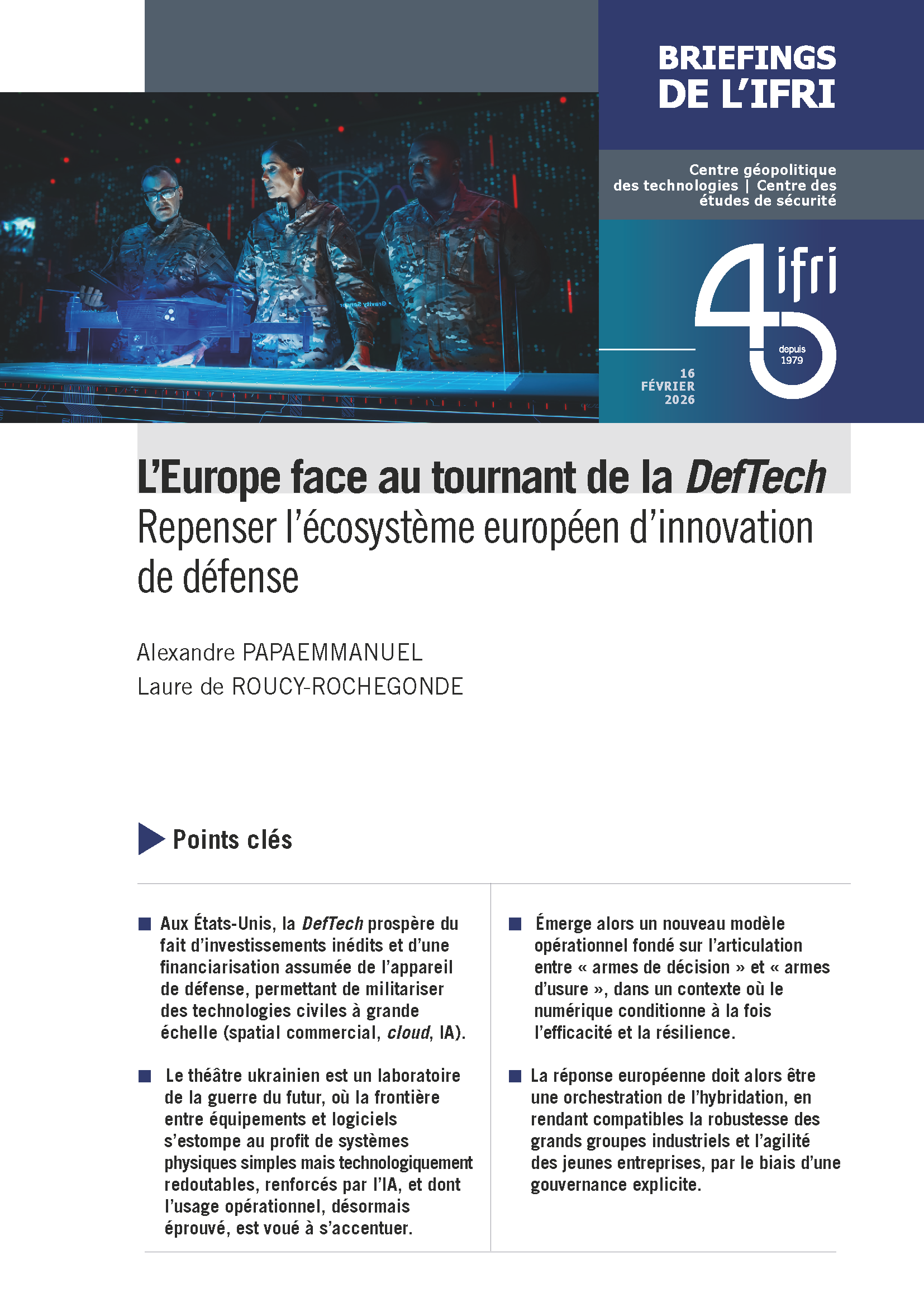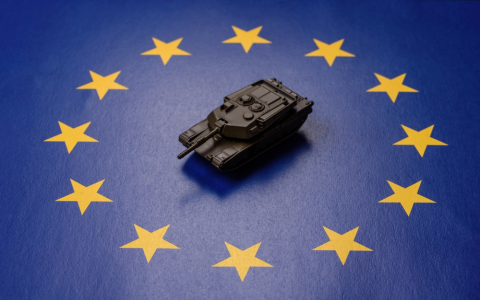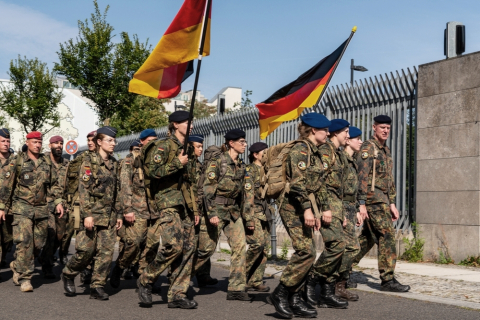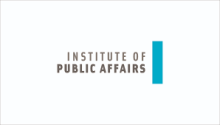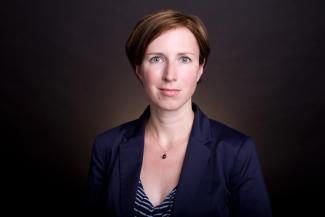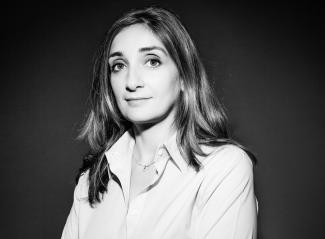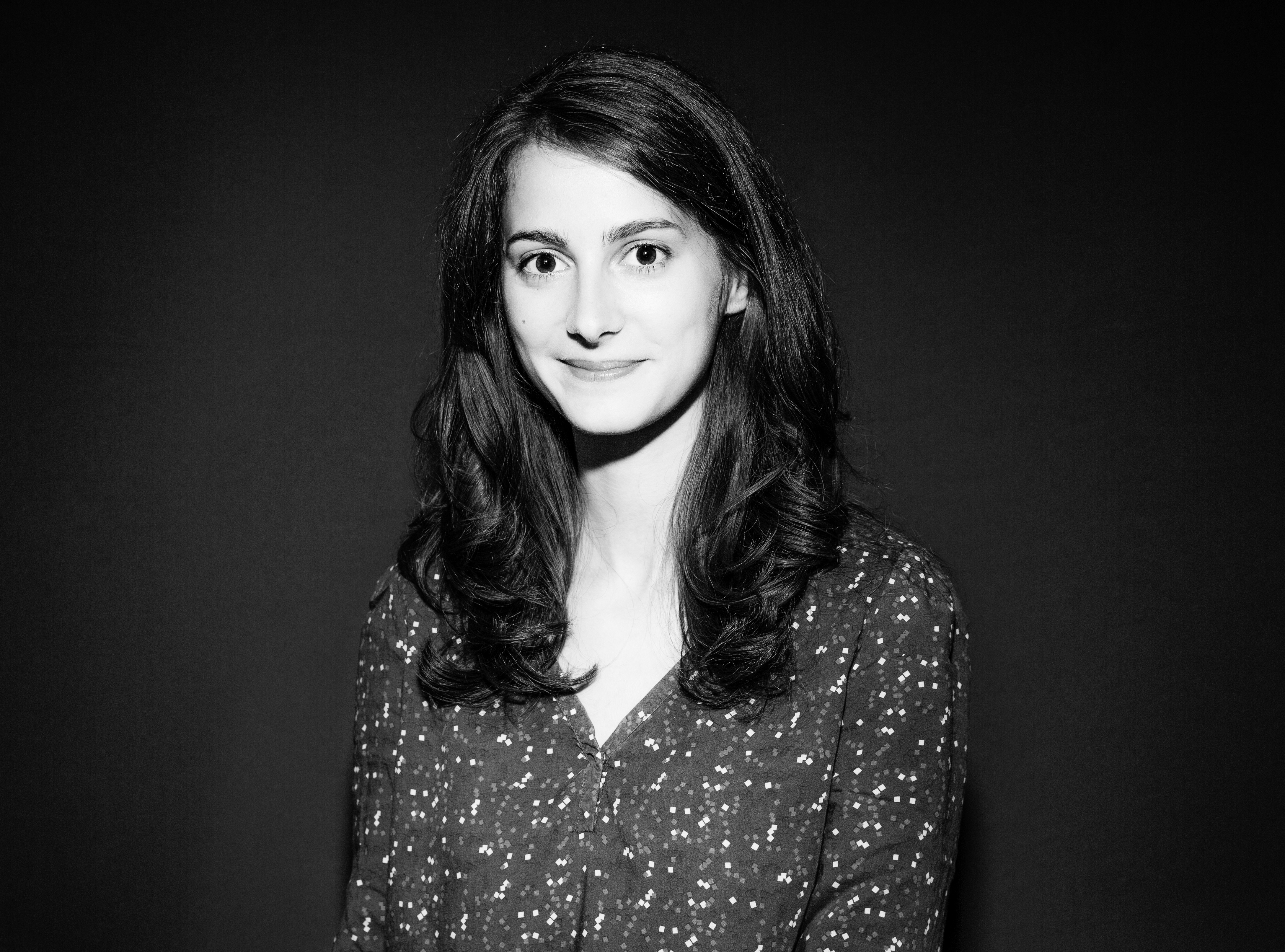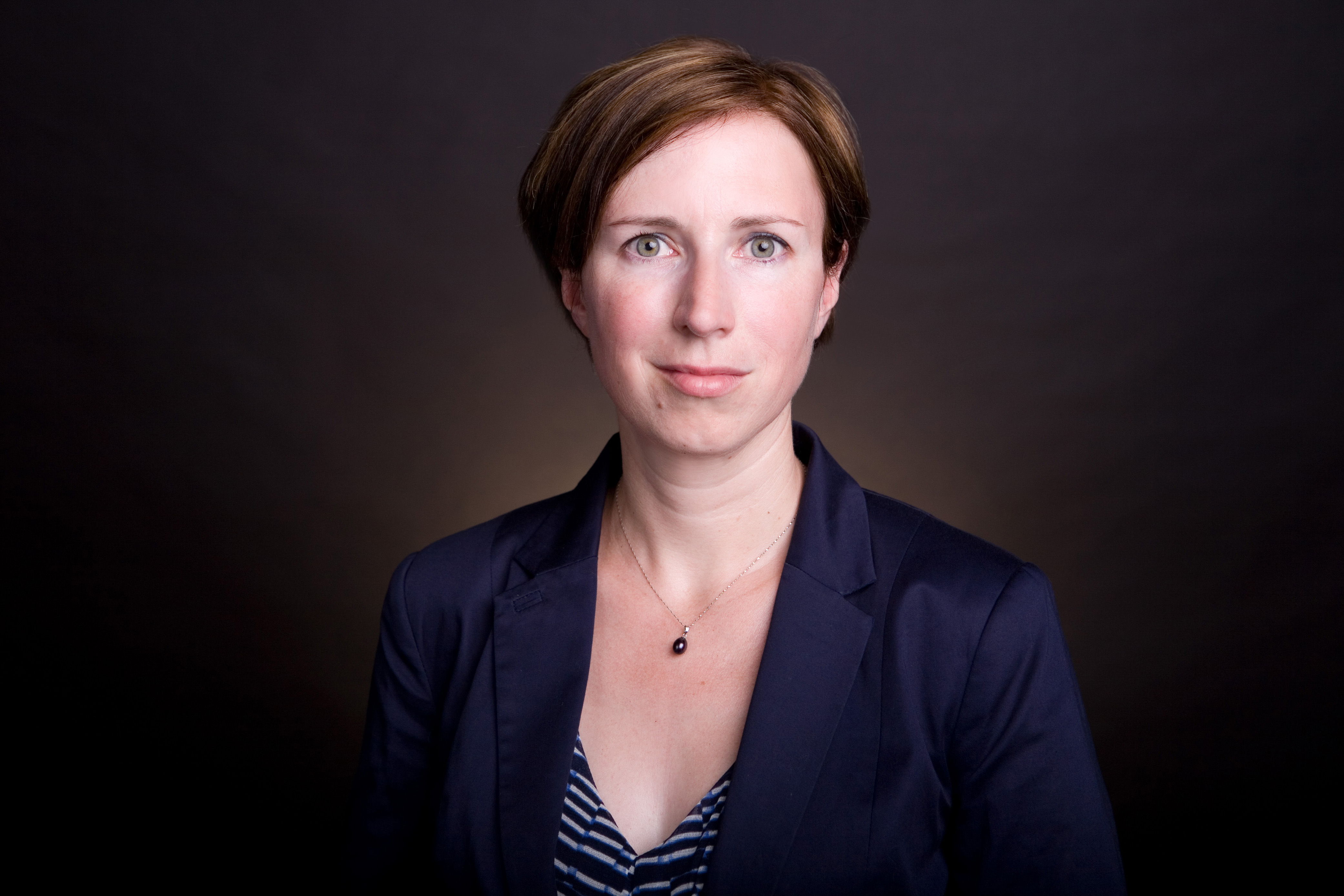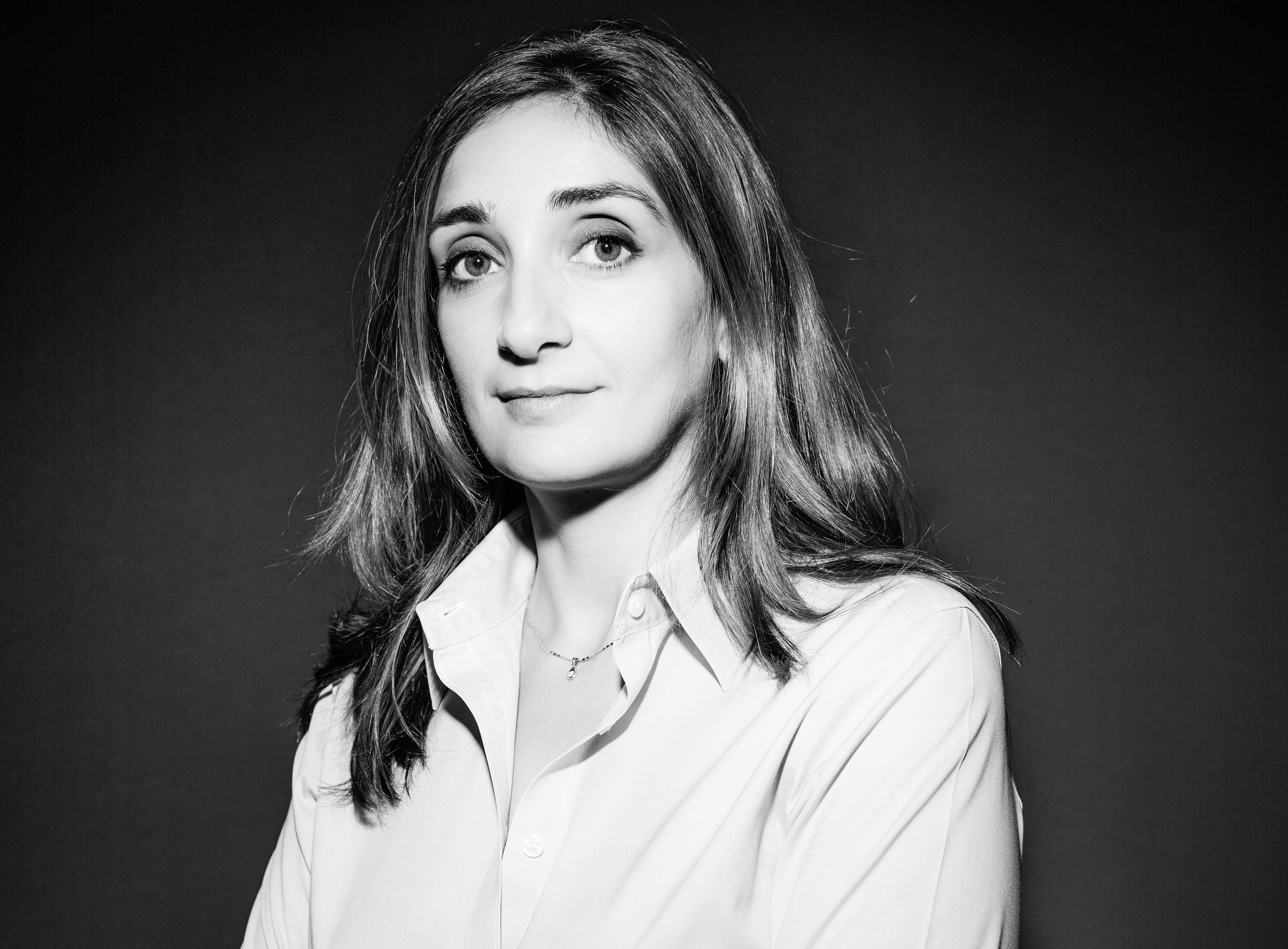Energy Union - Germany, France and Poland between common European goals and divergent national approaches

Informations pratiques
Accessibilité
Thématiques et régions
Centres et programmes liés
Ceci est un événement réservé.
En savoir plus sur nos programmes de soutien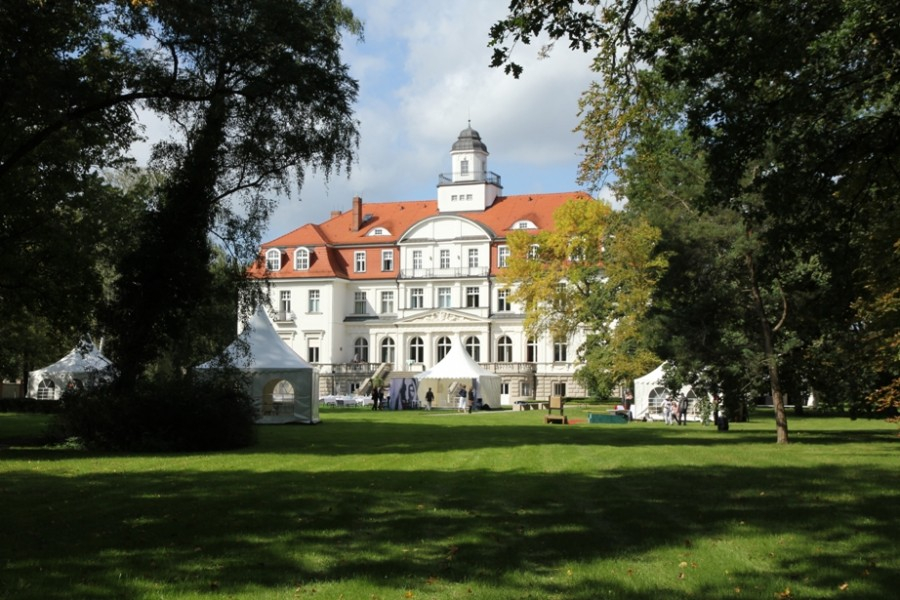
La reprise du débat autour des problèmes énergétiques de l'Union européenne, provoquée par la proposition polonaise de 2014 visant à créer une Union de l'énergie, démontre que le sujet est largement considéré comme important. Cette conclusion est étayée par les avis d'experts et de parties prenantes recueillis par l'Institut des affaires publiques dans quatre pays : la France, l'Allemagne, la Pologne et le Royaume-Uni. Le fonctionnement du marché intérieur de l'énergie ne répond pas aux attentes et il semble que seuls des efforts concertés des États membres – une stratégie européenne cohérente – permettront de résoudre efficacement les problèmes les plus urgents. Un aperçu des réactions et des attentes dans les États membres suggère que la stratégie-cadre publiée par la Commission européenne en février 2015 reflète assez bien les opinions dominantes sur les défis les plus urgents. Il s'agit toutefois d'un document général qui formule un grand nombre de priorités qui pourraient parfois s'avérer difficiles à concilier. Les mesures nécessaires pour atteindre les objectifs énoncés dans le document pourraient devenir un sujet de discorde entre les États membres.
Panel I : Des idées à la réalité - Défis et stratégies pour le projet d'Union de l'énergie
Panel II : Un marché européen commun de l'énergie - Vers une Europe compétitive
Panel III : Entre géopolitique et économie - Vers une politique étrangère européenne commune en matière d'énergie ?
Panel IV : Comment impliquer les citoyens européens ? - La dimension sociale de l'Union de l'énergie
Funded by:
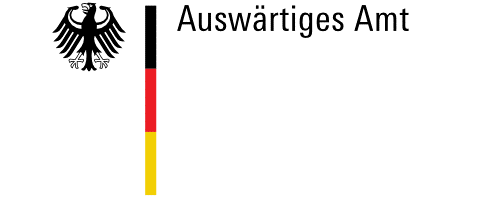
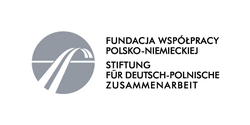
Nos partenaires
Intervenants
Sujets liés
Autres événements
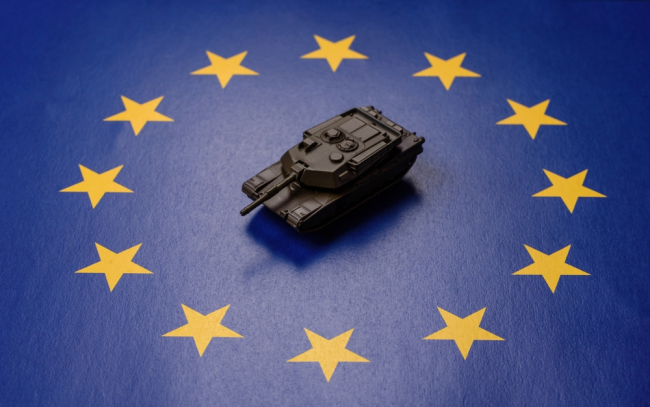
Comment « muscler » l'industrie de défense européenne ?
La prolongation de la guerre menée par la Russie en Ukraine, dans un contexte d’incertitude croissante quant au maintien de l’engagement américain en Europe, impose à l’Europe de muscler sa Base Industrielle et Technologique de Défense Européenne (BITDE).

Chaînes d’approvisionnement des véhicules électriques au Japon et en Europe : quels défis ?
La sécurité économique vise à garantir la résilience des chaines approvisionnements des industries clés : le cas des productions de véhicules électriques au Japon et en Europe sera discuté.
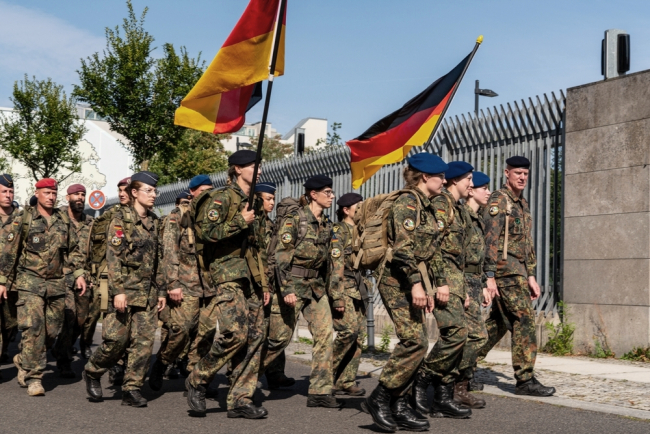
Cycle « Ce qui fait bouger l’Allemagne » - Quelle politique de défense en Allemagne ?
Face à la guerre en Ukraine et à l’instabilité géopolitique en Europe dans un cadre transatlantique perturbé, l’Allemagne a amorcé un tournant majeur dans sa politique de défense, avec une hausse significative des dépenses militaires, la modernisation de la Bundeswehr et le débat sur un éventuel retour du service militaire obligatoire.



